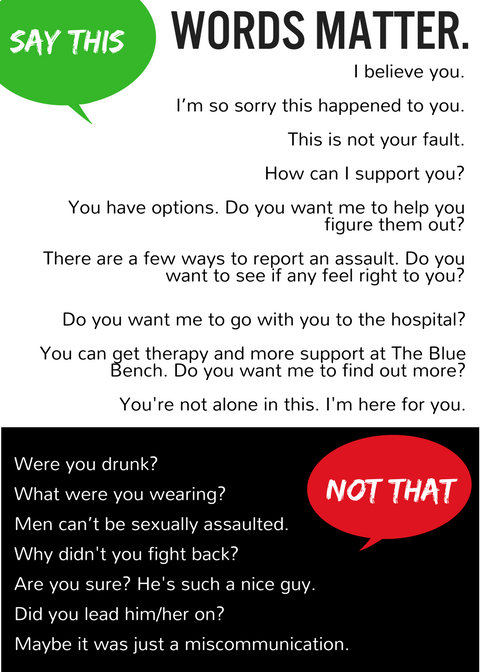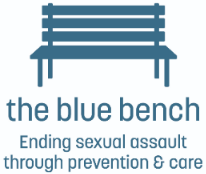When a person is sexually assaulted, their world is turned upside down. Not only has the survivor been violated in the most intimate way possible, they have to heal from the assault. But…how? Society is still afraid to talk openly about sexual assault or sexual abuse; people may not know how to approach the sexual assault survivor – afraid to say the wrong thing.
Every person who has been sexually violated responds differently to their experience – some become horribly depressed while others become very angry. All emotions are fair responses to sexual assault or sexual abuse.
Often a victim of sexual assault will only reach out once for help. If they reach out to you, your reaction is important.
A Timeline of Support
Sometimes even the most well-meaning people can say the wrong thing to a victim of sexual assault. The list below will help ensure you are reacting in the most sensitive way possible.

















